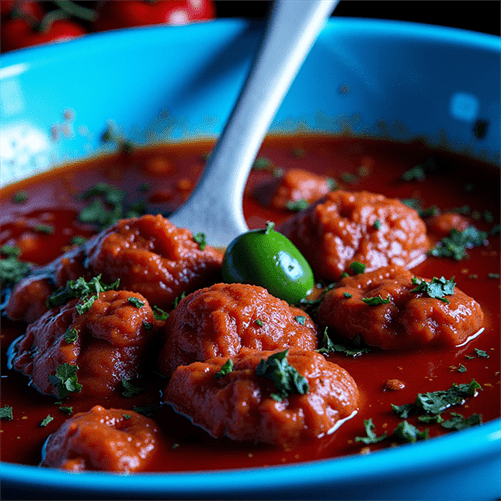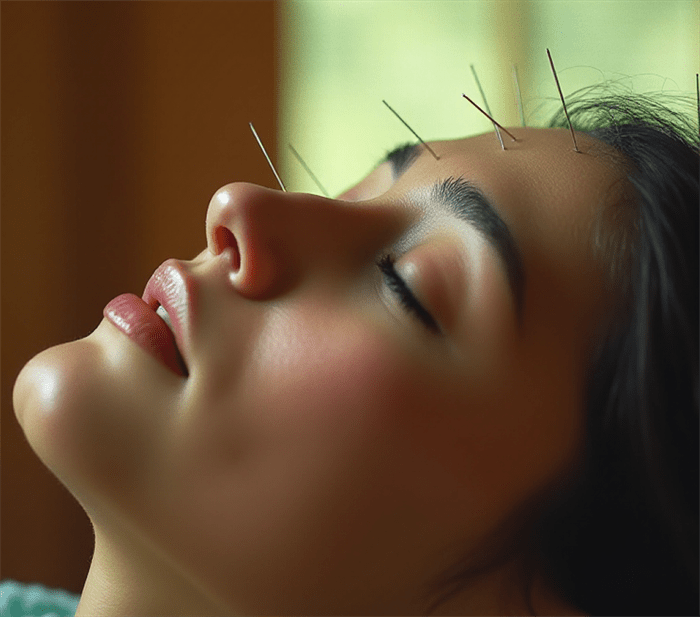9 Ozempic-Like Foods That Naturally Boost GLP-1 (Science-Backed)
Here’s the uncomfortable truth about weight loss: most of us are looking for shortcuts while pharmaceutical companies are getting rich off our desperation.
But what if I told you that your kitchen already contains Ozempic-like foods that can naturally trigger the same appetite-suppressing, blood sugar-controlling effects? No prescription required.
Ozempic has become the golden child of weight loss medications. This GLP-1 receptor agonist doesn’t just manage type 2 diabetes—it’s reshaping how we think about appetite control and metabolic health foods.
Before you rush to your doctor demanding a prescription, let’s explore nine natural alternatives that work with your body’s existing systems. There are Ozempic-like foods that can help you get the same effect, naturally.
What Makes GLP-1 Foods So Powerful?
GLP-1 (glucagon-like peptide-1) is your body’s natural appetite control system. Think of it as your internal meal timer.
This hormone does three critical things:
- Slows digestion for better nutrient absorption
- Signals your brain when you’re actually full
- Helps your pancreas produce insulin after meals
The pharmaceutical approach mimics this process. The natural approach works with it.
Here’s where it gets interesting: certain foods can naturally boost your GLP-1 production without the side effects or the $1,000+ monthly price tag.
The 9 Most Powerful Natural Weight Loss Foods
1. Leafy Greens: Your Metabolic Reset Button
Spinach, kale, and arugula aren’t just Instagram-worthy salad toppers. These blood sugar control foods contain compounds that directly stimulate GLP-1 production.
The fiber content alone can slow glucose absorption by up to 30%. That’s not just good marketing—that’s measurable metabolic improvement.
2. Whole Grains: The Sustained Energy Solution
Forget the carb-phobic crowd for a moment. Oats, quinoa, and brown rice trigger GLP-1 release more effectively than their processed counterparts.
The key is the fiber-to-sugar ratio. Whole grains provide sustained energy without the blood sugar rollercoaster that leaves you reaching for snacks an hour later.
3. Legumes: Nature’s Appetite Suppressant Foods
Beans, lentils, and chickpeas are protein-fiber powerhouses. They’re also among the most effective natural appetite suppressant foods you can eat.
Studies show that people who eat legumes regularly have 23% lower risk of obesity. The mechanism? Sustained GLP-1 elevation that keeps hunger hormones in check.
4. Lean Proteins: The Satiety Champions
Fish, poultry, and plant-based proteins do more than build muscle. They’re natural diabetes-friendly foods that promote lasting fullness.
Protein requires more energy to digest (thermic effect), and it triggers GLP-1 release that can last for hours. It’s like having a built-in portion control system.
5. Nuts: Healthy Weight Management in a Shell
Almonds, walnuts, and pistachios contain healthy fats that enhance insulin sensitivity foods function. They’re calorie-dense but incredibly satiating.
The trick is portion control. A handful (about 1 ounce) provides the GLP-1 boost without the caloric overload.
6. Berries: The Antioxidant Advantage
Blueberries, strawberries, and blackberries are nature’s candy with a metabolic twist. These natural weight loss foods are packed with fiber and polyphenols that support healthy blood sugar levels.
Apples deserve special mention here. Research shows they specifically trigger GLP-1 production, making them one of the most accessible Ozempic-like foods.
7. Vinegar: The Unexpected Blood Sugar Stabilizer
Apple cider vinegar isn’t just a trendy wellness hack. It’s a scientifically-backed tool for improving insulin sensitivity and promoting fullness.
Adding two tablespoons to your pre-meal routine can reduce post-meal glucose spikes by up to 20%. That’s pharmaceutical-level effectiveness from your pantry.
8. Coffee: Your Morning Metabolic Boost
Your daily caffeine ritual might be doing more than keeping you awake. Recent research suggests coffee consumption naturally stimulates GLP-1 production.
The polyphenols in coffee support healthy weight management by enhancing metabolic function. Just skip the sugar and cream that counteract these benefits.
9. Fermented Foods: The Gut Health Connection
Yogurt, kimchi, and sauerkraut support the gut microbiome that regulates GLP-1 production. A healthy gut equals better appetite control.
The connection between gut health and weight management is becoming clearer every year. These foods work at the foundational level of metabolic health.
Planning Your Natural GLP-1 Diet Strategy
Creating an effective eating plan with fat burning foods doesn’t require a nutrition degree. It requires understanding what works and why.
Focus on these performance foods:
- Low-glycemic fruits (berries, apples, pears)
- Cruciferous vegetables (broccoli, cauliflower, Brussels sprouts)
- Quality proteins (wild-caught fish, grass-fed meat, legumes)
- Healthy fats (avocados, olive oil, nuts, seeds)
The goal isn’t perfection. It’s consistency with foods that naturally support your body’s appetite control systems.
Making Healthy Eating Budget-Friendly
The biggest myth about healthy eating is that it’s expensive. The biggest truth? Processed foods cost more in the long run.
Buying whole grains, seasonal produce, and bulk legumes actually reduces your grocery bill. Add the reduced healthcare costs from better metabolic health, and you’re looking at significant savings.
Money-saving strategies:
- Buy frozen vegetables when fresh is expensive
- Purchase grains and legumes in bulk
- Choose seasonal, local produce
- Prep meals in batches to reduce waste
The Lifestyle Integration Factor
These Ozempic-like foods work best when combined with supportive lifestyle habits. No single food is a magic bullet.
Essential additions:
- Regular movement (doesn’t have to be intense gym sessions)
- Quality sleep (7-9 hours for optimal hormone function)
- Stress management (chronic stress sabotages even the best diet)
- Consistent meal timing (helps regulate natural GLP-1 cycles)
Sleep alone affects hunger hormones so dramatically that chronic sleep deprivation can override the benefits of even the most perfect diet.
The Bottom Line on Natural Diabetes Management
The pharmaceutical industry wants you to believe that effective weight management requires expensive interventions. The food industry wants you to believe that healthy eating is complicated and time-consuming.
Both are wrong.
Your body already has sophisticated systems for managing appetite, blood sugar, and weight. These nine Ozempic-like foods work with those systems rather than against them.
Start with one or two foods from this list. Notice how they affect your energy, hunger, and cravings. Then gradually expand your repertoire.
The goal isn’t to replicate pharmaceutical effects. It’s to support your body’s natural ability to maintain healthy weight and blood sugar levels.
Ready to transform your relationship with food and hunger? These natural weight loss foods aren’t just alternatives to prescription medications—they’re the foundation of sustainable metabolic health foods that work with your biology, not against it.
Have you tried incorporating any of these GLP-1 boosting foods into your routine? Share your experience and discover what works best for your unique metabolism.





